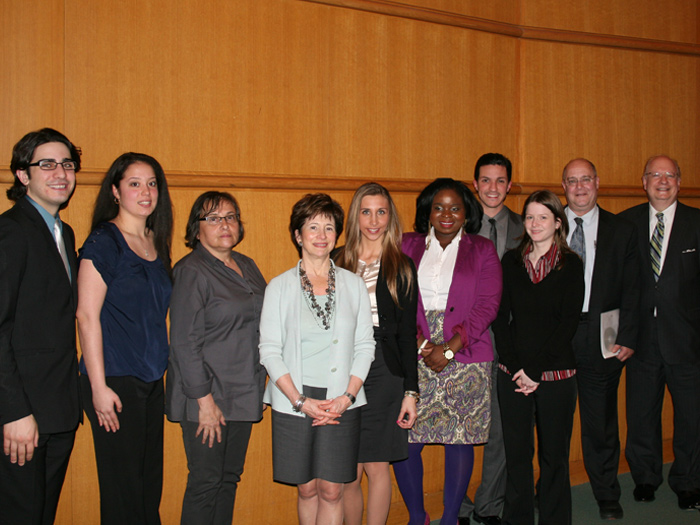Our world is becoming smaller, but also more competitive, thanks to computer technology. As a result, parents and educators in the U.S. face the crucial task of ensuring that children become computer literate. However, adults first must have the tools to understand how children acquire these skills.
Toward that end, Dr. Helen Mele Robinson, Assistant Professor of Education at the College of Staten Island/CUNY has recently authored, Emergent Computer Literacy: A Developmental Perspective [Routledge Education], the result of recent research and over 20 years of experience on the topic of how children learn computer skills and what their parents and teachers can do to assist with this process.
An expert in Early Childhood Education, Dr. Robinson studied six Staten Island-based families with six-year-old children as they interacted with computers in their own homes. Using methods similar to home-based research that sought to determine how children learn to read, Dr. Robinson recalls that “I went in and watched what the parents did while their six-year-old children were using computers in the home setting. I was looking at how the adults supported the children’s learning [with the hope that this] it would provide ideas of what teachers can do in the school setting.” Dr. Robinson reports that the parents talked to the children as they interacted with the computer and she then analyzed the language that was occurring between parent and child. She found that parental support was very important. “Just by having the parent involvement, the child’s computer interaction was sustained.”
Dr. Robinson also examined the idea of congruency with the parents—what they believed to be important about their children becoming computer literate and what they did to back up those beliefs while the children were on the computer.
In the classroom, Dr. Robinson notes that teachers often don’t have the time to sit with children and talk with them as they use the computer. Oftentimes, children will encounter problems and no one will be available to offer assistance. This is a situation that must change, she says. “If the teachers want the children to learn, they have to give them opportunities to learn, so there has to be a congruency, not just saying that computers are important, but [providing children with the help they need to become computer literate].
Dr. Robinson notes that her book not only underscores the importance of parental and teacher support for children as they learn how to use computers, but also provides games and hands-on activities that adults can apply, both in the classroom and at home, to help children to learn the required skills that will help them to make positive technological contributions to society in the 21st century.
















